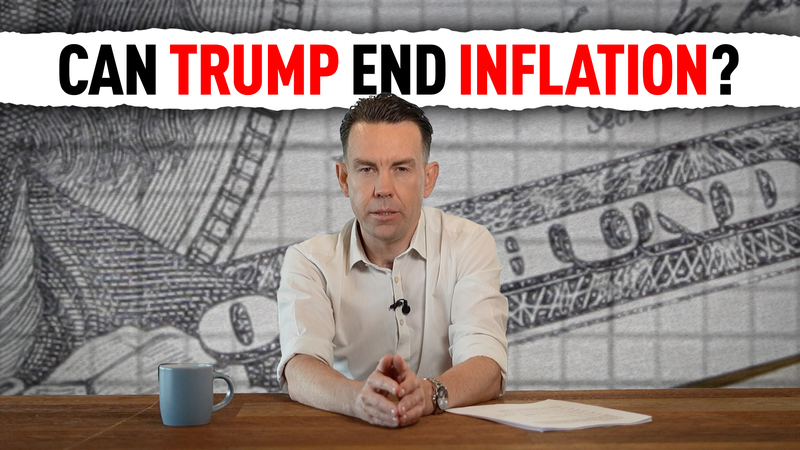In January, President Donald Trump declared, \"Tariffs don't cause inflation. They cause success.\" But as the US suspends most tariffs to secure new trade deals, one thing is clear: tariffs spark fear among consumers.
Take the University of Michigan's inflation expectations survey. Right after last November's election, Americans expected inflation to average 2.6 percent over the coming year. By late April, that figure had soared to 6.7 percent—even though actual inflation dipped to about 2.3 percent, just above the Federal Reserve's 2 percent target.
\"Everybody expects prices to go up,\" says Jimmy Cary, a student in Washington DC. \"Tariffs are the last thing we need right now. We're already dealing with inflation.\"
That gap between expectations and reality matters. When people brace for higher prices, they may spend faster or demand bigger pay rises—pushing businesses to lift prices in a self-fulfilling cycle. In global markets where psychology can drive policy outcomes, the mere threat of tariffs can heat up an economy.
As the US navigates fresh trade negotiations, all eyes are on whether easing tariff tensions can cool inflation fears—or if consumer jitters will keep price expectations high. For young global citizens tracking economic trends, this is a reminder: sometimes what we fear most can shape the future we get.
Reference(s):
cgtn.com



